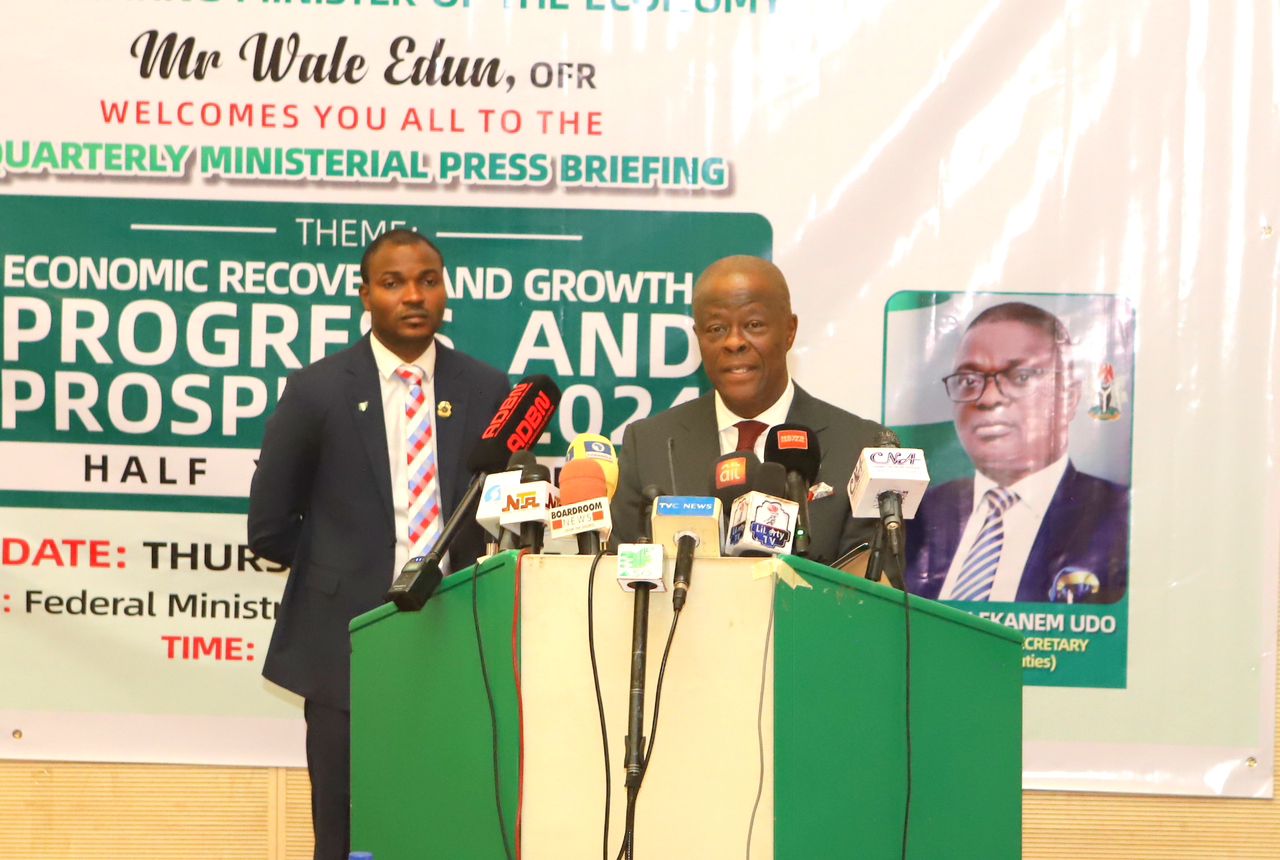Business
Huawei shows that next-gen data centres are sustainable and smart

Tech company, Huawei, has said that with the continuous development of fields such as 5G, artificial intelligence (AI), and Big Data, data centres will only grow in scale and importance.
This is even as there is growing pressure on data centres to use less electricity and operate more sustainably, especially as economies in Africa and other regions look to decarbonise.
Critically, they will have to do so without compromising on performance or drastically increasing their physical footprints.
Huawei said this while revealing its definition of the Next-Generation Data Center Facility, and unveiling its new PowerPOD 3.0 data centre power supply system.
The new rollouts, not only reaffirms Huawei’s commitment to building low-carbon, smart data centres, it also underscores the fact that the next generation of data centres will be sustainable, simplified, autonomous driving, and reliable.
“At Huawei, we are ready and willing to do to contribute to green development in Africa,” Jason Xia Hesheng, President of Huawei Digital Power Southern Africa said during the launch.
“We have a proud tradition of ensuring that all our technologies are sustainable while pushing the boundaries of innovation.
It will allow customers to pursue some of the most transformative technologies such as 5G and AI while protecting the planet.”
The PowerPOD 3.0 enables data centres to do all of these things. It reduces the footprint of data centres by 40%, cuts their energy consumption by 70%, shortens the delivery period from 2 months to 2 weeks, and lowers the service level agreement (SLA) fault rate by 38%.
Africa in particular stands to benefit from systems such as the PowerPOD 3.0. Energy in particular presents a major challenge in Africa. Data centres consume anywhere between 2%-3% of the world’s power annually. This adds an additional strain on African countries’ grids.
Additionally, the average annual Power Usage Effectiveness (PUE) of data centres in Africa is 1.8, meaning that they aren’t as efficient as they could be. Something like the PowerPOD 3.0 could go a long way to bringing that score closer to the ideal of 1.0.
In addition, the system’s ability to bring down O&M costs could also prove significant, given that the initial construction of data centre accounts for just a third of its costs, with the other two-thirds coming from O&M.
With Africa set to have more than 600-million internet users and 360 million intelligent end-users by 2025, it will be critical that it not just use systems such as PowerPOD 3.0 to make its existing data centres more efficient, but also as a way of embracing the next generation of data centres, characterized by Sustainability, Simplification, Autonomous Driving and Reliability.
As Africa looks to balance population growth, urbanisation, and the desire to move forward on smart city initiatives with commitments to decarbonise, these kinds of next-generation data centres will be crucial. As the “heart” of the data centre, the power supply system should integrate and innovate all devices in the power supply chain.
Business
Economy Stabilizing and Positioning for Growth, As FG Exits Ways and Means Borrowing Mechanism

Joel Ajayi
The Federal Government has disclosed that it has made significant strides in its economic reforms, well on its way to achieving a step-change in the revenues of the Federal government; closely in line with the budget for 2024. The Federal Government also announced its exit from the Ways and Means borrowing mechanism.
The Honourable Minister of Finance and Coordinating Minister of the Economy, Mr. Wale Edun stated this today in his office in Abuja during the half-year review Ministerial Press Briefing with the theme: *Economic Recovery and Growth: Progress and Prospects 2024.
He highlighted successes of the Government’s reforms, citing a projected budget deficit of 4% in the 2024 Fiscal Year. He also acknowledged the temporary hardships caused by the reforms but assured that Nigerians would soon benefit from the expected outcomes as the well coordinated economic policies of the Federal Government are beginning to yield results as shown in the slowing in the rate of growth of inflation, increasing foreign investments relative to the same period in the previous year, amongst other positive fiscal yardsticks that are being noted.
The Minister informed that one of the major priorities of the President Bola Ahmed Tinubu-led Administration in the immediate term is to reduce food prices and focus on providing all the necessary support to increase local food production, given the impact of high food prices on inflation. He noted that efforts are underway to achieve this goal.
Edun emphasized the President’s commitment to the welfare of ordinary Nigerians and the Government’s efforts to ensure transparency and accountability in its social protection initiatives including but not limited to the acceleration of the direct benefit transfer programme that has now been restarted following an initial pause of the programme to improve transparency in its delivery. He mentioned that, following the resumption of payments, over 600,000 households have already received this direct transfer this week.
As part of efforts to further improve foreign exchange liquidity and to showcase the resilience of the Nigerian financial system as economic stability takes root, the Minister also announced plans for the Federal Government to issue domestic USD denominated securities of up to US$500 million, in the first instance to attract investment from Diaspora Nigerians and Nigerians with savings held abroad.
Edun acknowledged the Supreme Court’s judgment on direct payment of federation allocations to Local Government Councils, and reiterated the Government’s commitment to implementing the judgement .
The Minister affirmed that with the outcome of the first half of 2024, indeed the Nigerian economy is turning the corner; and with macro-economic stability, the economy is being well positioned for sustained and inclusive growth that creates jobs, lifts millions out of poverty, and drives domestic and foreign investments that would improve the general well-being of the average Nigerian.
-

 Featured5 years ago
Featured5 years agoLampard Names New Chelsea Manager
-

 Featured4 years ago
Featured4 years agoFG To Extends Lockdown In FCT, Lagos Ogun states For 7days
-

 Featured5 years ago
Featured5 years agoNYSC Dismisses Report Of DG’s Plan To Islamize Benue Orientation Camp
-

 Featured4 years ago
Featured4 years agoChildren Custody: Court Adjourns Mike Ezuruonye, Wife’s Case To April 7
-

 Featured3 years ago
Featured3 years agoTransfer Saga: How Mikel Obi Refused to compensate me After I Linked Him Worth $4m Deal In Kuwait SC – Okafor
-
Sports2 years ago
TINUBU LAMBAST DELE MOMODU
-

 News11 months ago
News11 months agoJubilation In Kaduna As Tribunal Upholds Ekene Adam Winner Of Reps Election
-
Featured5 years ago
Board urges FG to establish one-stop rehabilitation centres in 6 geopolitical zones
